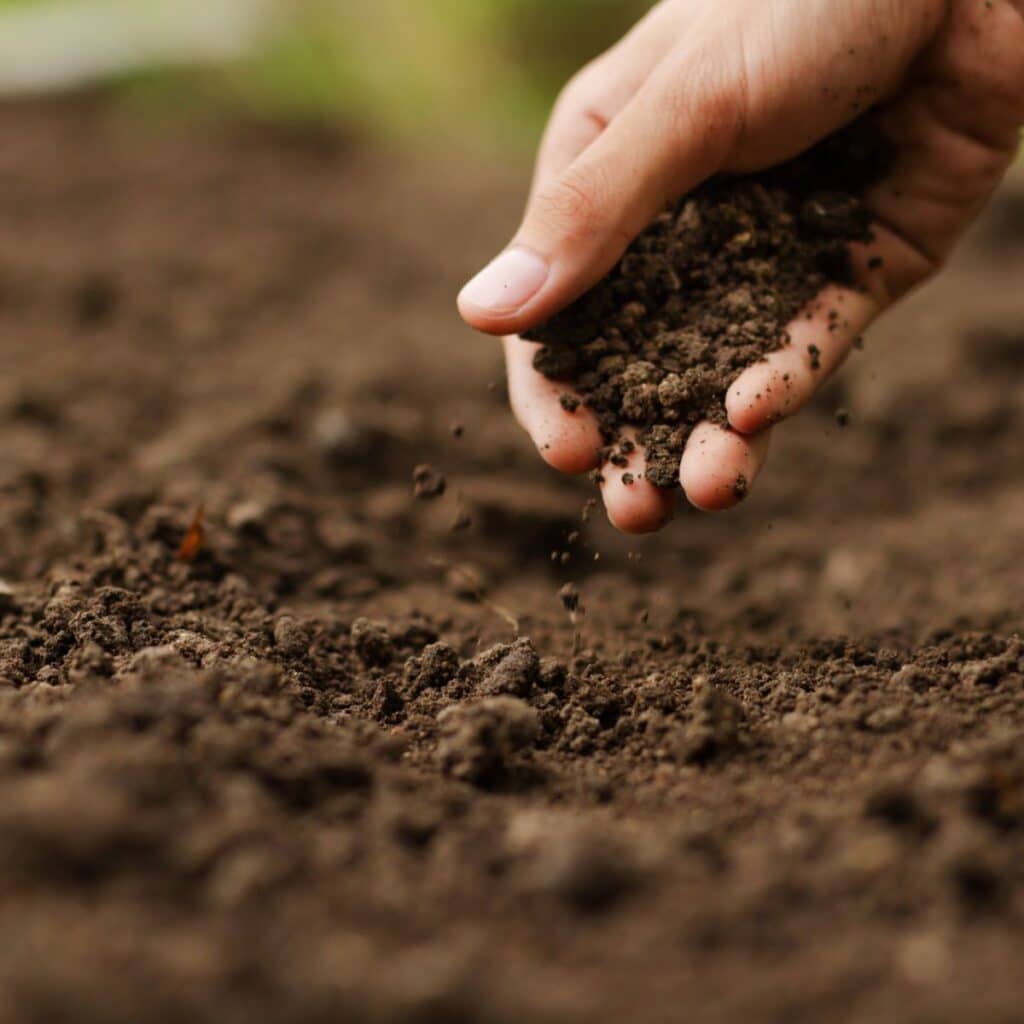Choose G.L. Hunt For Fort Worth Foundation Repair
When it comes to maintaining foundations in Fort Worth, one of the most significant factors to consider is the type of soil beneath your property. Soil quality plays a vital role in how your home’s structural integrity behaves over time. This concept is important in Texas, where different soil types can impact homes.
At G.L. Hunt Foundation Repair, we understand how vital it is to recognize these factors. Our North Texas structural experts are here to guide you through the nuances of Fort Worth’s unique soil composition.
The primary Fort Worth soil type is clay, specifically a type known as expansive clay. This type has a high shrink-swell potential. It’s prone to expanding when wet and contracting when dry. While it may seem harmless, repeated cycles of expansion and contraction can cause significant shifting beneath your home. This issue can lead to cracks and instability.
What Is The Fort Worth Soil Type?
In addition to expansive clay, Fort Worth also has areas with loamy and sandy soils. However, clay remains the most common and problematic when it comes to structural stability. The fluctuations in moisture content can cause the ground to shift, which can result in serious structural issues if left unchecked.
How Many Different Soil Types Does Texas Have?
You might be surprised to learn that Texas has a vast array of soil types. How many different soil types does Texas have? According to Texas Master Gardeners, the answer is over 1,400! These types vary widely in composition, from sand and clay to loam and silt. Some of the most common Texas soil types include:
- Clay
- Sandy loam
- Silty clay
- Sandy clay loam
- Loam
In the Fort Worth area, the dominant soil is expansive clay. This classification can cause more structural problems compared to other types, like sandy or rocky soils.

How Fort Worth’s Soil Affects Foundations
The diversity of soil types in Texas means that foundation repair solutions need to be customized to the specific needs of each region. Fort Worth’s soil composition can present unique challenges for homeowners. The expansive clay prevalent in the area can wreak havoc on property stability, particularly during periods of heavy rain or drought.
Expansive Clay’s Shrink-Swell Behavior
Expansive clay has a tendency to absorb large amounts of water during the rainy season, swelling up and increasing in volume. When the weather dries out, the soil shrinks as it loses moisture.
These rapid shifts in size and pressure can create voids under your home. The additional space can lead to cracks, sinking and other structural issues.
Uneven Settlement Concerns
In areas where Fort Worth’s clay soils are intermixed with sand or loam, there’s a potential for uneven settling. Some parts of the foundation may sink while others remain elevated. This settlement can result in cracked walls, sloping floors and misaligned doors or windows.
Drainage And Runoff Concerns
Fort Worth’s soil doesn’t only impact the ground beneath your home — it can also affect water drainage around your property. Poor drainage due to clay-heavy soil can cause water to gather around your home, increasing the risk of water intrusion and damage.
Protecting Your Foundation From Fort Worth Soil
While the soil type in Fort Worth can cause problems, there are ways to protect your property.
1. Regular Moisture Control
Because clay soils are highly reactive to moisture, keeping a consistent level of moisture around your home is crucial. Installing a proper irrigation system and maintaining even watering around the foundation can help reduce ground movement.
2. Proper Drainage Solutions
Given Fort Worth’s soil and weather conditions, ensuring that water is directed away from the base of your home is essential. Systems like French drains and grading your yard can prevent water from pooling near the base of your property. G.L. Hunt offers reliable Fort Worth drainage systems to reduce the risk of understructure shifts.
3. Professional Structural Inspections
Regular inspections from a structural expert — such as G.L. Hunt — can help identify early warning signs of structural damage due to movement. These inspections can prevent costly repairs by addressing minor issues before they escalate.
Trust G.L. Hunt Foundation Repair For Your Fort Worth Home
At G.L. Hunt Foundation Repair, we understand the challenges that Fort Worth’s soil type poses to your home. With over 35 years of experience in foundation repair, we specialize in providing tailored solutions for the unique ground conditions in this region.
Whether you’re dealing with cracks, uneven settling or drainage issues, our team is here to ensure the stability and safety of your home. From local house leveling services to protective waterproofing techniques, we have solutions for property owners in the area.
If you’re concerned about the impact of Fort Worth’s soil on your home’s understructure, contact G.L. Hunt Foundation Repair today.






